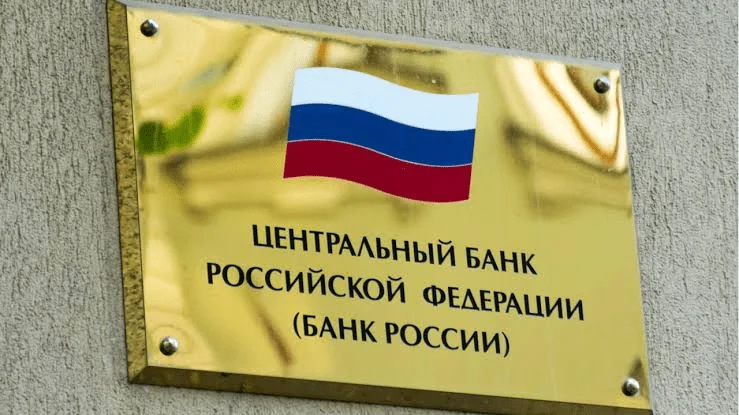Payments to crypto exchanges will be slowed by the Russian central bank in order to counteract suspect crypto activities.

As cryptocurrency investments become more popular in Russia, the country’s central bank is working hard to stop what it considers to be dubious crypto activity and to prevent some cryptocurrency purchases.
To protect customers against “emotional” cryptocurrency purchases, the Bank of Russia has begun negotiating with local banks to have them suspend payments to cryptocurrency exchanges.
According to local news agency RIA Novosti, Sergey Shvetsov, the Bank of Russia’s first deputy governor, the new rules aim to shield Russian investors from potential losses if the cryptocurrency market “crashes to zero.”
The latest anti-crypto effort comes after the Bank of Russia urged local banks and credit institutions to pay closer attention to certain types of individual financial transactions, particularly those involving bitcoin exchange services.
The Russian central bank requested local banks to restrict client accounts, e-wallets, or credit cards for questionable crypto transactions identified using a variety of parameters such as the quantity of senders or receivers in an official statement released Sept. 6.
According to some of the criteria, Russian banks should prohibit accounts with a “unusually large number of counterparties,” or accounts with more than 10 distinct payers or recipients per day, or more than 50 different counterparties per month.
Other criteria require banks to pay more attention if customers’ average balances are less than 10% of their typical daily transaction volumes for at least a week.
The new guidelines, according to the document, are intended to detect and stop illegal financial activities associated to criminal businesses. According to the Bank of Russia, the majority of payments in the shadow economy come through bank cards or e-wallets issued by false individuals.
The Bank of Russia did not immediately react to a request for comment from Cointelegraph.
The Bank of Russia has been hesitant to embrace the bitcoin industry, as previously reported. In July, the central bank requested that local stock exchanges refrain from listing foreign and domestic companies that provide cryptocurrency-related services.
The regulator is also said to be preventing major banks from facilitating cryptocurrency trading.
